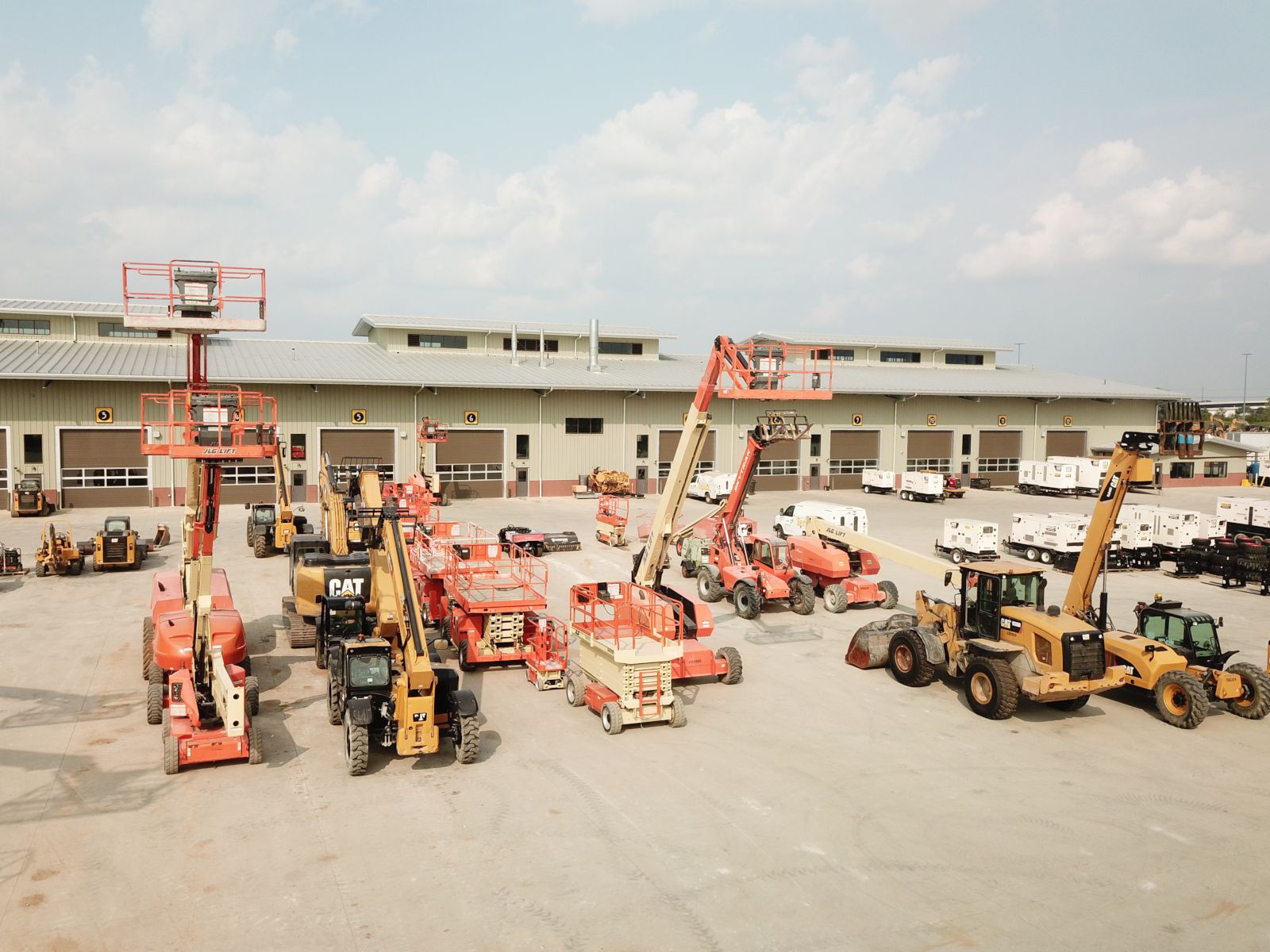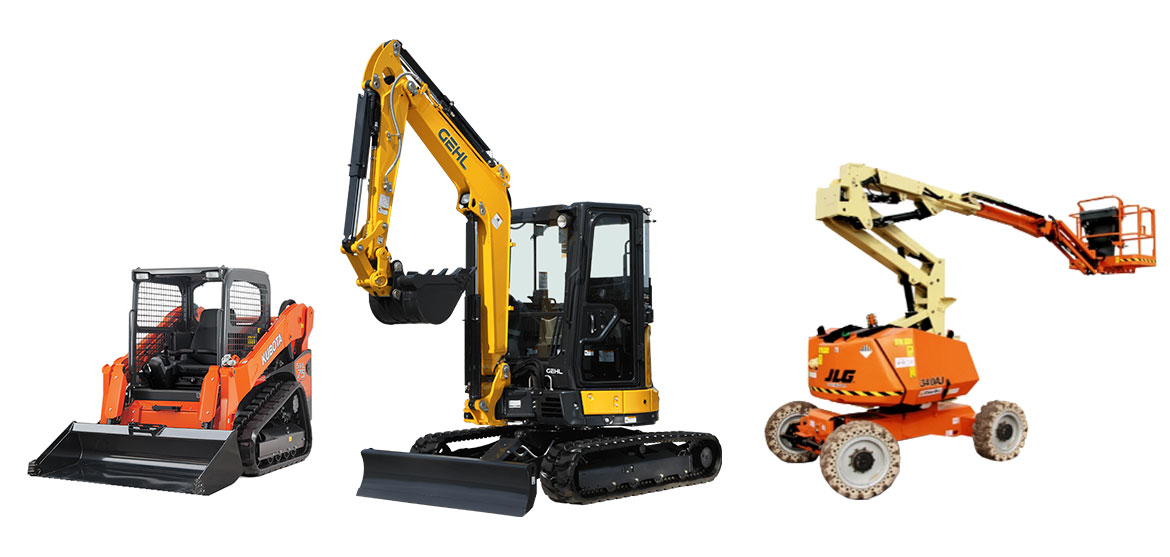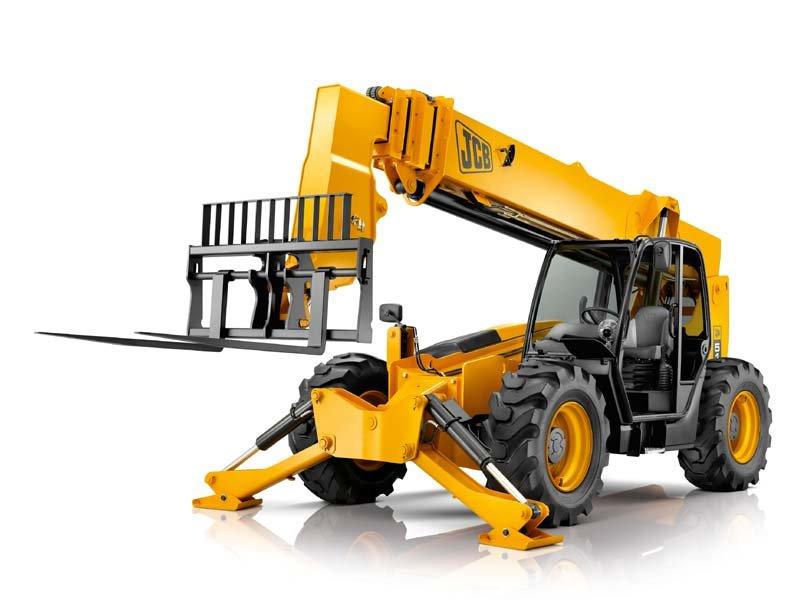Maximize Your Budget by Recognizing the Expenses Associated With Building And Construction Devices Rentals
Recognizing the full extent of expenses related to building and construction devices rentals is critical for maximizing your spending plan. While the preliminary rental fee might seem simple, numerous additional expenditures-- such as transportation, gas surcharges, and upkeep-- can rapidly build up, influencing your economic planning. Being aware of different costs and the complexities of rental arrangements can help prevent unanticipated financial problems. What strategies can be utilized to properly manage these expenses and make certain a more effective rental experience?
Summary of Rental Costs
When thinking about construction devices rentals, comprehending the linked costs is extremely important for efficient budgeting and task planning. Rental expenses can differ substantially based upon several variables, including devices kind, duration of leasing, and area. The initial rental cost frequently shows the tools's market demand and its connected functional capabilities, influencing the total expense.
In addition to the base rental price, ancillary expenses might develop, such as transportation charges, gas additional charges, and upkeep costs. It is important to account for these added expenditures to properly examine the complete price of renting devices. In addition, the rental period can impact prices; longer leasings might receive affordable rates, while short-term rentals may incur higher everyday fees.

Break Down of Rental Rates
A comprehensive understanding of rental prices is crucial for service providers and task supervisors aiming to optimize their spending plans. Rental prices for building equipment typically contain a number of components, including base rates, time-based fees, and usage costs.
Base prices are the core charges related to the service of the devices, usually established by the type and size of the equipment. These rates can differ substantially, influenced by variables such as devices demand, schedule, and regional market fads. Time-based fees, which might be daily, weekly, or monthly, serve to accommodate various project timelines and rental periods.
Additionally, rental prices may consist of usage costs, which are suitable when equipment is made use of beyond a defined threshold, making certain that the rental business can make up deterioration. Seasonal need changes can additionally affect rental prices, with peak construction periods generally regulating higher costs.
In addition, comprehending the rental firm's policies relating to maintenance and insurance coverage can offer additional understanding into the general expense framework. By evaluating these parts, specialists can make informed decisions, making sure the choice of rental devices straightens with both project demands and spending plan restraints.
Extra Charges to Take Into Consideration
Recognizing the intricacies of additional pop over here fees is crucial for professionals to manage their general leasing expenses efficiently. Beyond the conventional rental rates, various supplemental fees can substantially affect the websites overall cost of equipment rental. These costs usually include distribution and pickup costs, which can vary based on distance and logistics associated with moving the tools to and from the work site.
Furthermore, some rental companies may enforce gas surcharges if the equipment is returned with much less gas than when leased. It is also necessary to be aware of possible cleansing fees, particularly for customized devices that requires thorough upkeep after use.

Thoroughly assessing the rental contract and clarifying these added fees ahead of time can assist contractors prevent unexpected prices and guarantee that budget plans remain undamaged throughout the project lifecycle.
Upkeep and Repair Costs
Normal maintenance and fixing expenses are usually neglected variables that can considerably affect the total cost of building and construction equipment leasings. When renting out equipment, it is important to take into consideration not only the rental charges yet also the prospective expenses linked with keeping the machinery in ideal operating problem.
Many rental firms include standard maintenance as part of click for info the rental contract; nevertheless, much more unforeseen breakdowns or comprehensive repair services can result in extra costs. It's crucial to evaluate the rental contract meticulously to understand what upkeep services are covered and what responsibilities fall on the tenant.
Furthermore, equipment that is not properly maintained can cause ineffectiveness on duty website, possibly enhancing and creating delays job prices. To alleviate these threats, it is advisable to carry out routine assessments and keep open communication with the rental provider relating to any problems that emerge throughout usage.
Insurance Policy and Responsibility Prices
Insurance policy and obligation prices are vital elements that can dramatically impact the overall expense of building and construction tools rentals (scissor lift rental). These expenses guarantee that both the rental firm and the client are secured from possible economic losses occurring from mishaps, damages, or theft during the rental period

Additionally, clients should recognize any deductibles or exclusions in the insurance coverage, as these can influence prospective out-of-pocket costs. Comprehending the terms and problems of any insurance coverage is essential to stay clear of unexpected expenses. Eventually, budgeting for insurance coverage and responsibility expenses can aid guarantee a smoother rental experience and safeguard versus financial dangers related to building and construction projects.
Conclusion
In conclusion, a detailed understanding of the expenses linked with building and construction tools leasings is important for efficient spending plan monitoring. Inevitably, notified decision-making concerning equipment services adds to the total success of construction undertakings.
Rental expenses can vary significantly based on a number of aspects, consisting of devices type, duration of service, and area (mini excavator rental). The rental duration can impact rates; longer rentals might certify for affordable prices, while temporary rentals could sustain higher daily costs
By conducting comprehensive research and engaging with trustworthy rental companies, professionals can effectively navigate the intricacies of rental rates, inevitably maximizing their financial resources.
Past the typical rental rates, various supplementary charges can dramatically affect the overall expense of devices leasing. Rental companies often offer liability insurance policy that covers injuries to third celebrations or damages to residential or commercial property, while devices damage insurance can cover the cost of repair services or substitute if the rented devices is damaged.